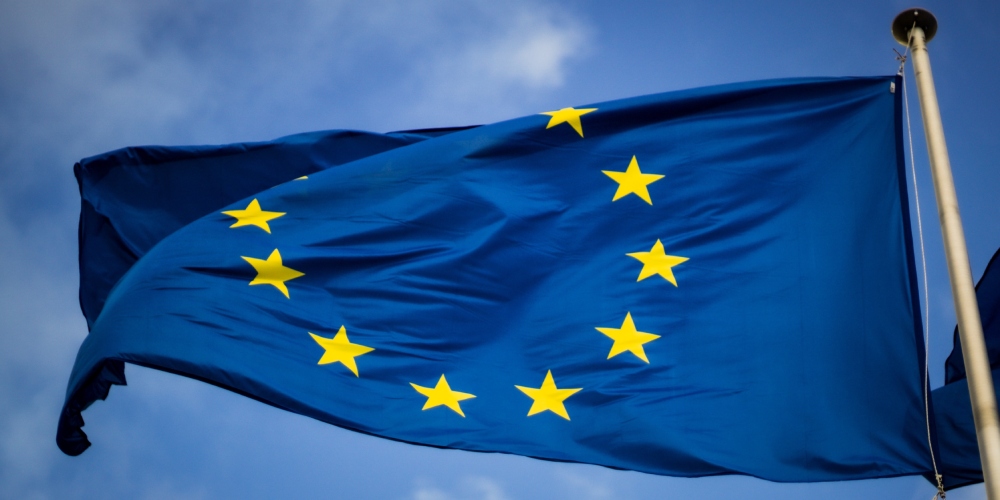This pact strengthens commercial ties and reinforces shared values and fundamental principles, paving the way for a more prosperous and sustainable future for both parties.

After five years of intense negotiations, Chile and the European Union (EU) have strengthened their relationship by signing the “Advanced Framework Agreement (AFA).”
This pact represents a significant evolution of the 2002 “Partnership Agreement,” establishing a new paradigm for bilateral cooperation.
The signing ceremony was held in the European Union Council in Brussels and featured the presence of officials such as Chilean Minister of Foreign Affairs Alberto van Klaveren and high-ranking European representatives.
Comprehensive modernization
The AFA updates the existing framework and incorporates vital areas that had not previously been covered.
Aspects such as gender equality, international security, sustainable development and corporate social responsibility have been added in the area of political dialogue. This approach reflects a shared commitment to democratic principles, human rights and sustainable development.
Commercial drive
The European Union is comprised of 27 countries and represents an expanded market of 448 million people. This makes it the world’s third largest economy with a GDP of US$16.6 billion (2022).
Since its signing in 2002, the trade agreement between Chile and the EU has strengthened economic exchange, doubling trade numbers over the past few decades. The EU has become Chile’s fourth leading trade partner after China, the United States and Mercosur. It was responsible for US$19.299 billion in trade in 2022 with average annual growth of 4.5%. The EU is the leading source of foreign investment in Chile, particularly in the service area, and is the third regional destination for Chilean investment.
The AFA promises to expand this exchange even further, opening up new opportunities in key markets and sectors such as technology, clean energy and lithium. One key aspect of the agreement is the liberalization of 96.5% of products, which will facilitate bilateral trade.
Some 2,079 Chilean companies exported to the EU in 2022, 36.3% of which are SMEs. That same year, this group of SMEs exported a total of US$254.3 million, up 16.4% over 2021.
The agreement reinforces cooperation in key areas such as democracy, human rights, sustainable development and the environment. It also establishes mechanisms for robust inter institutional collaboration, promoting integration and the relationship between Chile and the EU on various levels.
In the area of market access, the new agreement will expand the percentage of products covered by a tariff reduction on the part of the EU from 94.7% to 99.6% of tariff lines, representing nearly all Chilean exports to that market. When the EU tariff reduction calendar ends (the longest is seven years), Chile will obtain full liberalization of 96.5% of products, which represent 93% of current bilateral trade.
Recognition and added value
One notable aspect of the AFA is mutual recognition of geographic information on products like wines and spirits, strengthening the identity and exclusivity of products from both regions.
In addition, sections on SMEs, sustainable food systems and digital trade are being introduced, reflecting a modern and comprehensive vision of international trade.
Now that the agreement has been signed, the ratification process is underway, with Chile and the EU working together to secure the necessary legislative approval. Chile is confident that it will be ratified quickly and is taking advantage of the presidency of Spain and Belgium in the EU Council to move in this direction.
The Advanced Framework Agreement is a significant milestone in the relationship between Chile and the EU. It will introduce a modernized and robust framework for deeper and more beneficial cooperation. This agreement strengthens commercial ties and reinforces shared values and fundamental principles, paving the way for a more prosperous and sustainable future for both parties.
Interested in learning more about Chile's agreements with the world’s largest economies? Check out this article to learn more about the agreement reached with the United States to avoid double taxation.



%2017.11.51.png)

